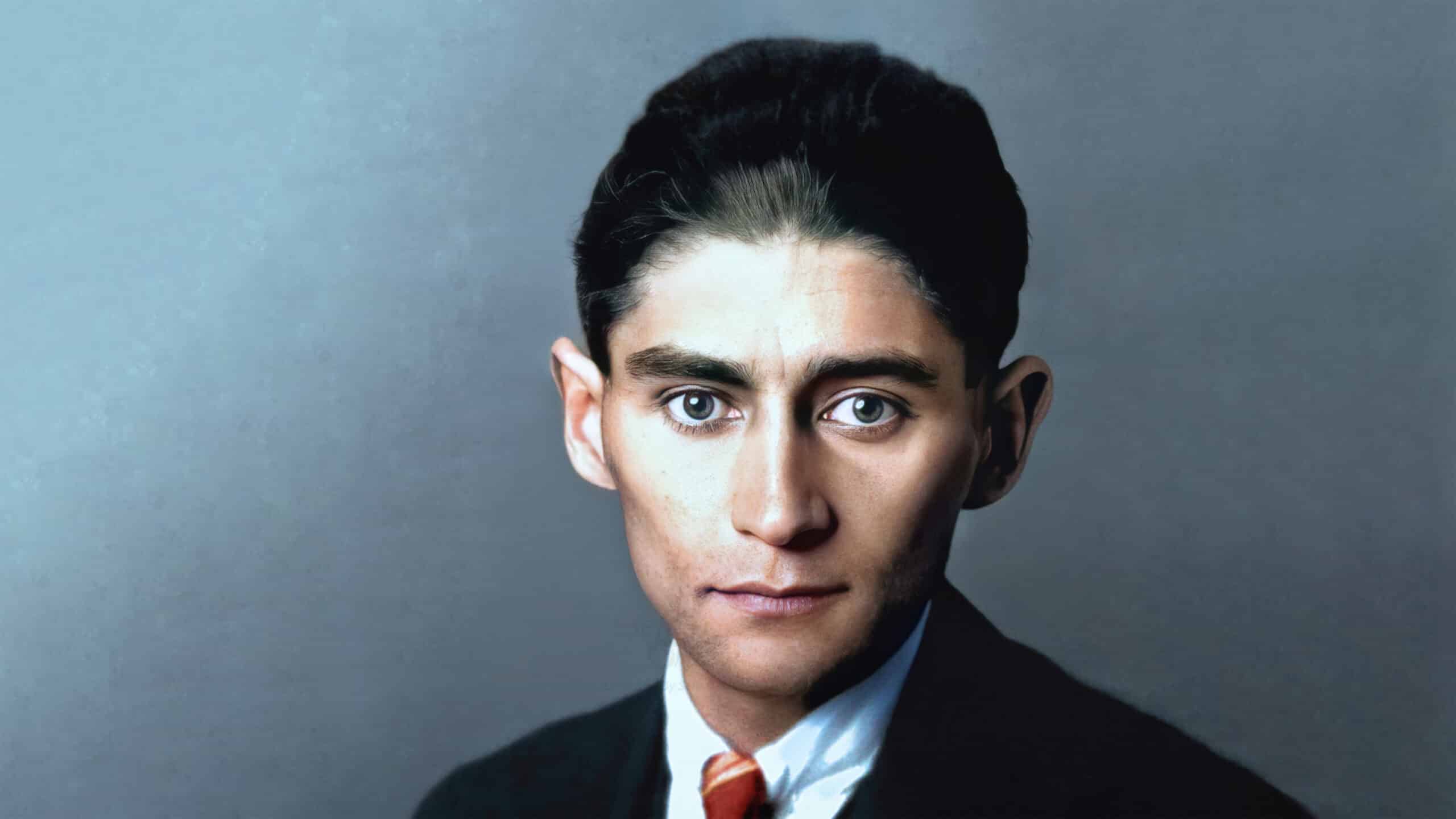Franz Kafka (1883-1924) is one of the most important writers of the 20th century, although many of his works such as "The Trial" or "The Castle" remained unfinished and were only published after his death. The plots in his stories and novels are considered dark and enigmatic, leaving room for various interpretations. Literary scholar Liliane Weissberg and Jewish studies expert Karl Erich Grözinger will discuss Kafka's life and work, focussing in particular on Kafka's Jewish identity.
Cooperation with:
Adalbert Stifter Verein e.V. as part of the Kafka 2024 project
Special note:
Online participation in the event is possible via livestream on the YouTube channel of the Catholic Academy in Bavaria:
Programme of the event:
Franz Kafka (1883-1924) zählt zu den bedeutendsten Schriftstellern des 20. Jahrhunderts, dabei ist zu seinen Lebzeiten nur ein Bruchteil seiner Texte erschienen. Viele seiner Werke wie „Der Process“ oder „Das Schloss“ sind unvollendet geblieben und wurden erst nach seinem Tod veröffentlicht. Die Handlungen in seinen Erzählungen und Romanen gelten als düster und rätselhaft. Zudem lassen ihre Unbestimmtheit und Offenheit Raum für verschiedene Interpretationen und erschweren eine eindeutige Auslegung.
Anlässlich seines 100. Todestags am 3. Juni 2024 wollen wir uns näher mit dem in Prag geborenen deutschsprachigen Schriftsteller befassen. Dabei soll insbesondere Kafkas jüdische Identität in den Blick kommen. Dieser Aspekt wurde lange Zeit vor allem deshalb vernachlässigt, weil Kafka das Judentum in seinen Texten nicht explizit erwähnt und nicht-jüdischen Kafka-Interpreten entsprechende Anspielungen und Bezüge meistens entgingen. Zugleich betonte Kafkas enger Freund und Nachlassverwalter Max Brod die Wichtigkeit, Kafka religiös zu lesen. Und der große Philosoph Walter Benjamin schrieb 1939: „Ich denke mir, dem würde der Schlüssel zu Kafka in die Hände fallen, der der jüdischen Tradition ihre komische Seite abgewönne“.
Über Kafkas Leben und Werk sprechen die Literaturwissenschaftlerin Liliane Weissberg und der Judaist Karl Erich Grözinger. Um den Schriftsteller selbst zu Wort kommen zu lassen, lesen Clara Walla und Max Faatz von der Otto Falckenberg Schule Passagen aus Kafkas Werk, die aufschlussreich für sein jüdisches Selbstverständnis sind.
